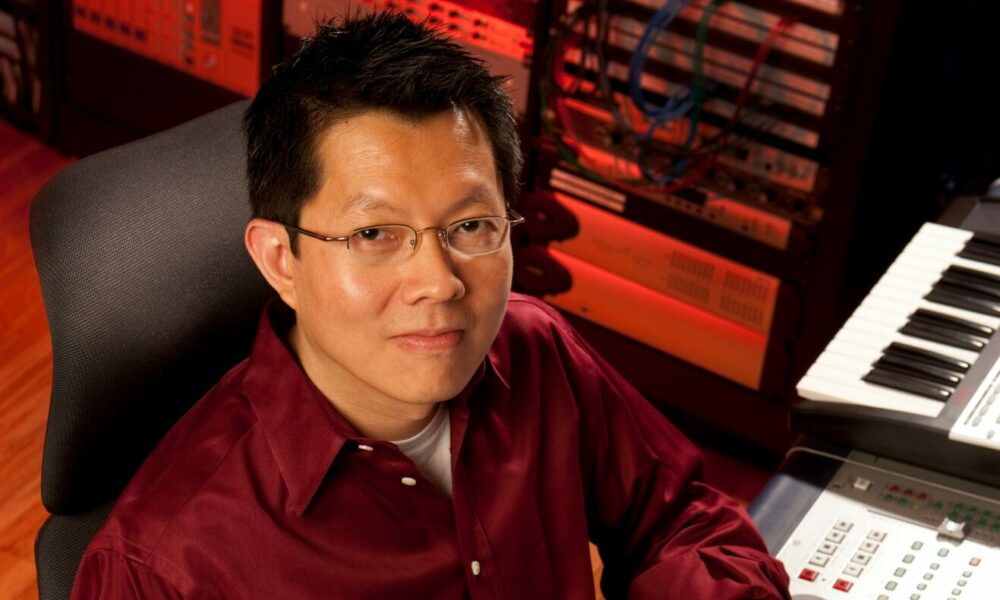

Today we’d like to introduce you to Phil Tan.
Alright, so thank you so much for sharing your story and insight with our readers. To kick things off, can you tell us a bit about how you got started?
I was born in Kuala Lumpur, Malaysia in 1969. I left in 1987 to attend college in Canada. In 1989 I signed up for the recording program at The Full Sail Center for the Recording Arts in Winter Park, FL (now Full Sail University). I graduated the course a year later and did an internship at Jon Marett’s Soundscape Studios in Atlanta. (The studio was renamed Bosstown when Bobby Brown purchased it. It is now Outkast’s Stankonia Studios.) It was at Soundscape/Bosstown/Stankonia that I met many of the producers, artists and engineers who mentored me – Jermaine Dupri, LA Reid, Organized Noize, Dallas Austin, Usher, TLC, Outkast, Thom Kidd, Neal Pogue, etc. I’ve been working in the recording industry ever since. As a mixer, I’ve been the lucky recipient of 3 Grammy awards: Best Contemporary R&B Album 2005 for Mariah Carey’s “The Emancipation of Mimi,” Best Rap Album 2006 for Ludacris’ “Release Therapy” and Best Dance Recording 2010 for Rihanna’s “Only Girl (In the World)”.
Would you say it’s been a smooth road, and if not what are some of the biggest challenges you’ve faced along the way?
I consider myself very fortunate. I’ve always felt welcomed in Atlanta. The music community, in particular, embraced and nurtured me and I was able to develop a career. I don’t really consider bumps along the way “struggles” – they are all part of the learning/growing process.
Can you tell our readers more about what you do and what you think sets you apart from others?
I am an audio/music mixing engineer. This may help explain what it is I do: https://www.youtube.com/watch?v=kLa9MEkG_yw
I primarily work in pop, hip-hop and R&B. I have clients in the alternative and rock genres as well.
I don’t really know what sets me apart from others since what I do is really quite subjective. The same song with the same set of parts, given to 10 different mixers, will turn out 10 different ways. My goal is simply to make my clients happy with the results. I want the “vision” they had for their music to be realized.
Networking and finding a mentor can have such a positive impact on one’s life and career. Any advice?
Not sure I’m the best person to answer this …
When I was starting out, sessions had to be carried out in person, in physical studios. Networking was the same. So much is done online today, but that has its advantages. Try contacting the people you’re interested in learning from directly. Quite often they can be reached via social media or other networking platforms like LinkedIn.
Also, look into joining peer organizations, like The Recording Academy, or ASCAP and BMI, if you’re a songwriter/producer. These orgs often have events that allow you to connect with others in your community.
Contact Info:
- Website: philtan.com
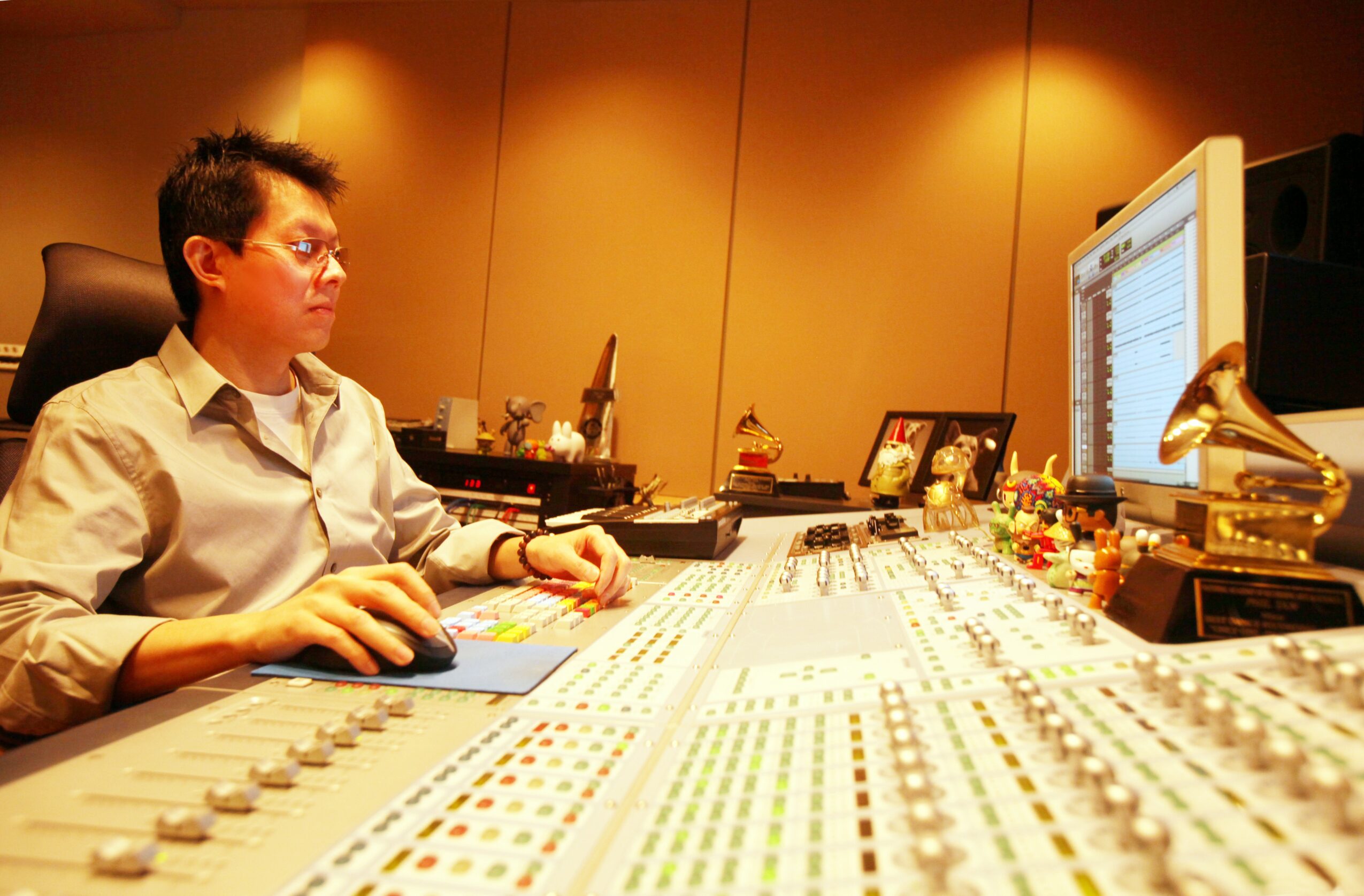
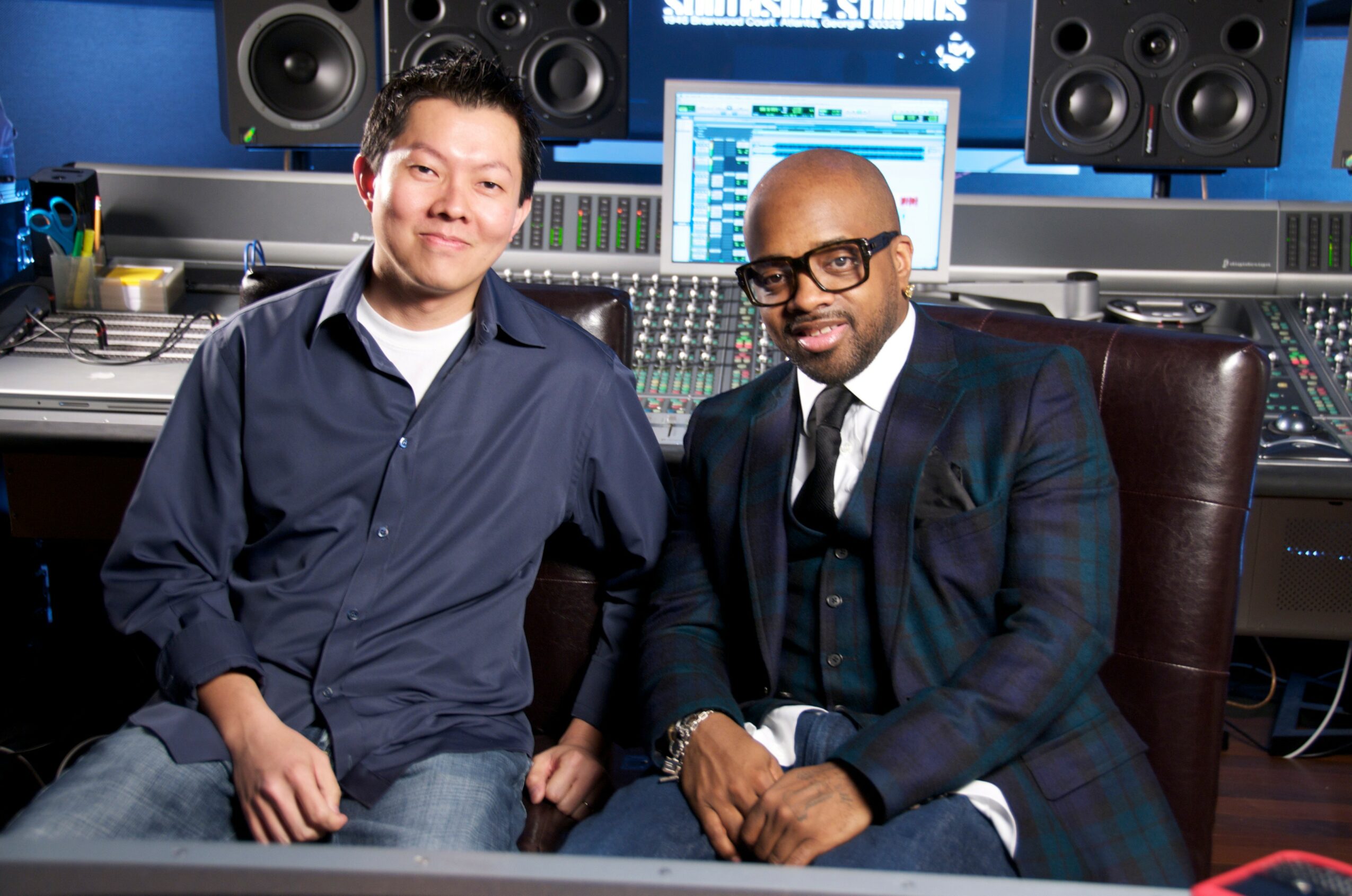
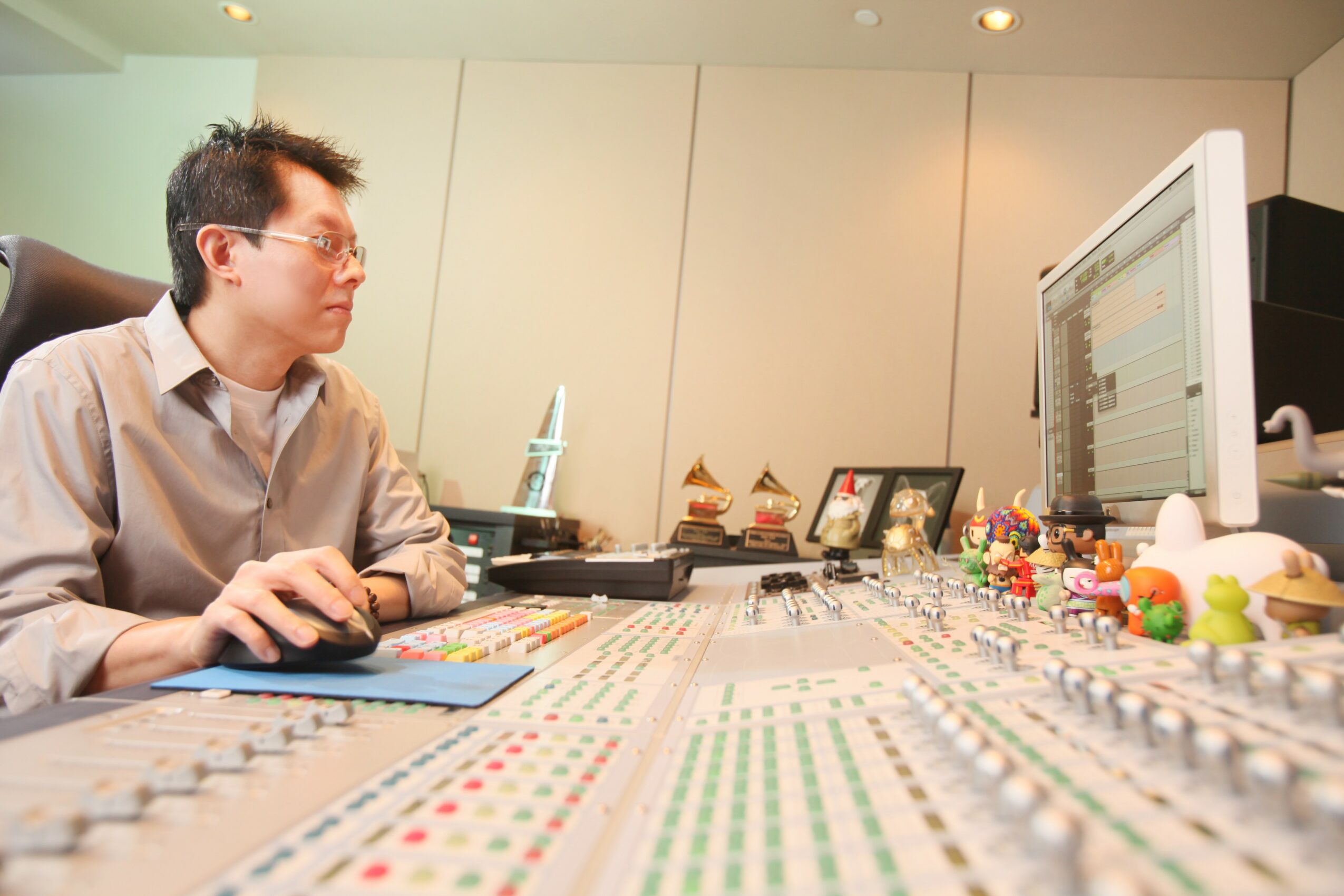
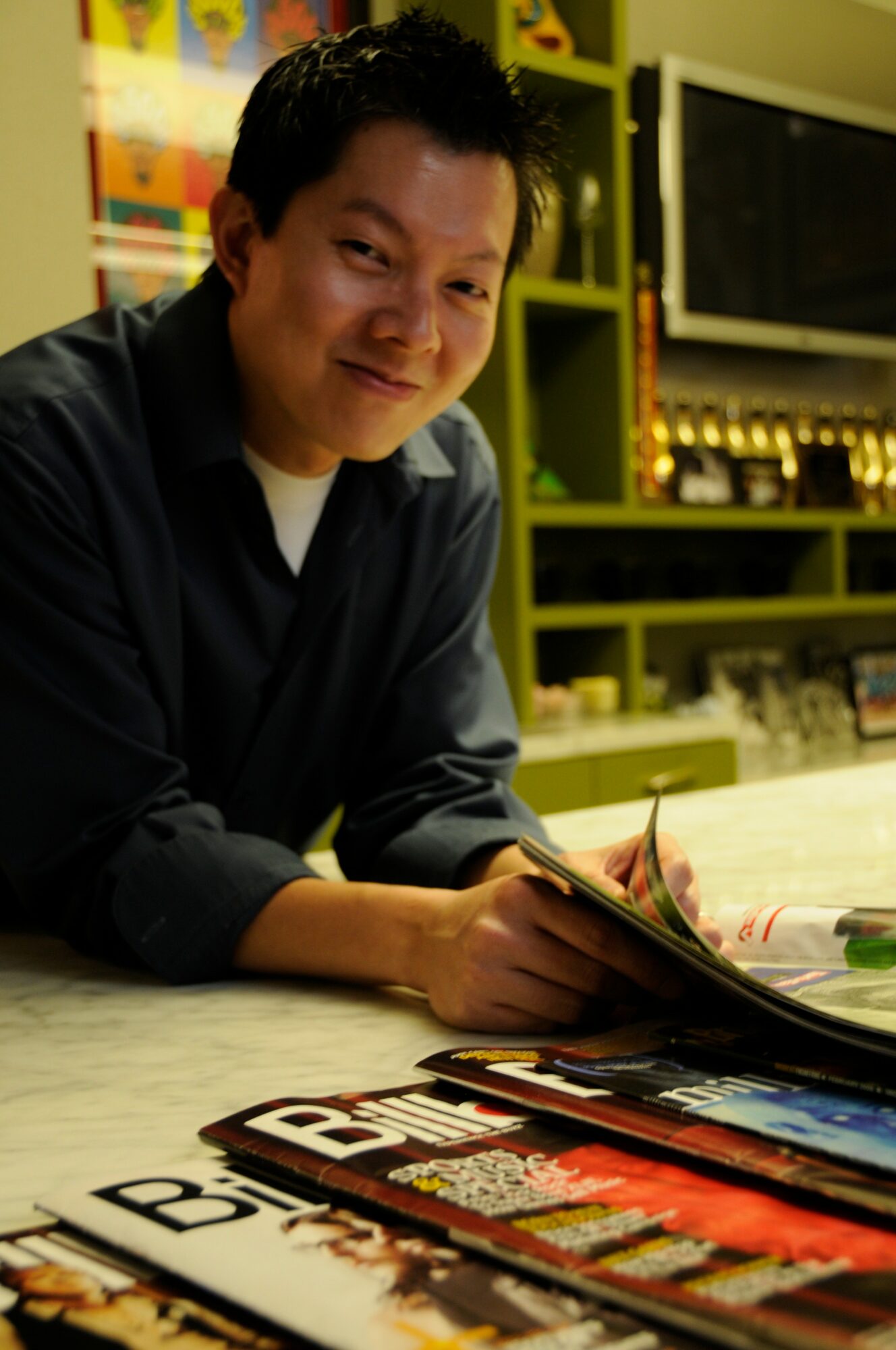 Image Credits
Image Credits
Jonathan Harper Cara Pastore Full Sail University
Felipe Barral and ArtsATL













